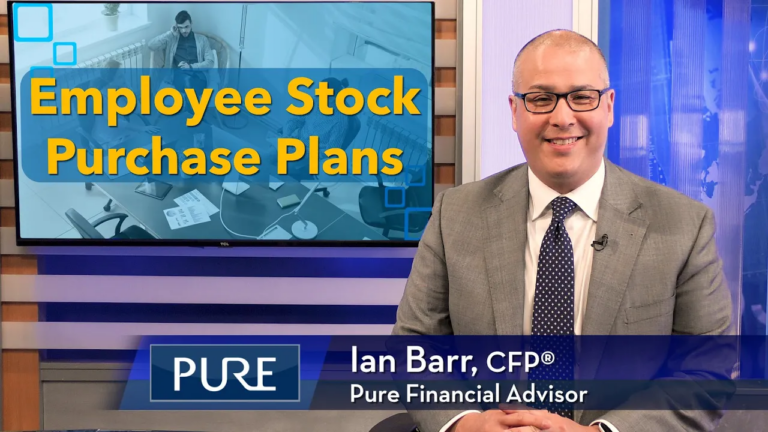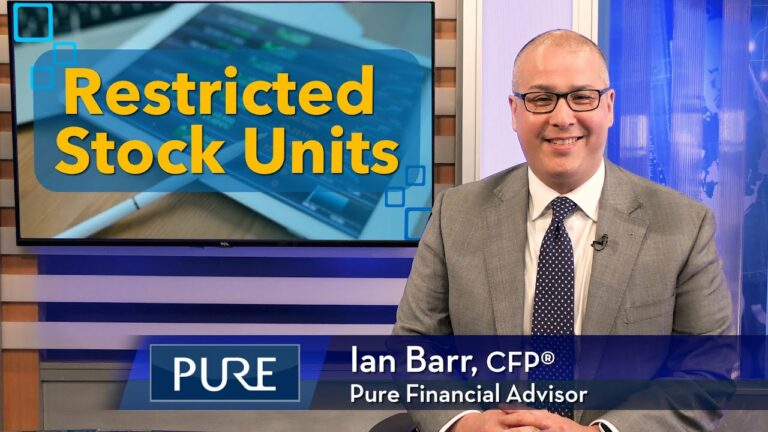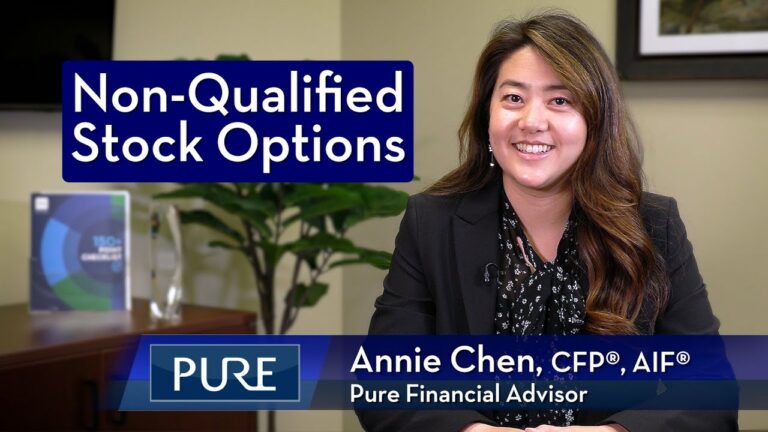Alan Clopine, CPA defines what estate taxes are and gives you three ways to reduce them:
1) Give away your assets before you pass
2) Buy life insurance
3) Set up advanced estate planning
Transcription:
“Hi, I’m Al Clopine, CPA and Chief Financial Officer of Pure Financial Advisors, and you are watching Question of the Week.
Today’s question is about how to reduce estate taxes. First of all, let’s talk about what estate taxes are. If you were to pass away, the IRS would like to tax those assets before your beneficiaries receive them. Before you get too concerned, there’s an exception: it’s $5,430,000 passes to the next generation 100% tax-free. If you’re over that it’s a 40% tax, so it’s a lot. If you’re married, the husband and wife both get the $5,430,000 so it’s almost $11 million that gets passed to the next generation tax-free. What is that? Stocks, bonds, equities, real estate. Let’s say you’re over that or you think you’re going to be over that. There’re three ways you can reduce estate taxes:
1) The first one is very simple. You start giving away your assets before you pass. You’re allowed to give $14,000 to anyone you want to, say your son. Your spouse can also give $14,000 to whoever they want to, let’s say they give it to your son as well. So that’s $28,000. If your son is married, you can also give $14,000 to the spouse. It’s quite a bit that you can give away. By giving away assets, you’re going to reduce your estate and therefore reduce your estate taxes.
2) Number two would be buying life insurance. A lot of financial planner recommend this. You buy life insurance to pay for that estate tax. I don’t necessarily recommend this, unless you have assets that are highly illiquid, like real estate or a business you want to keep in the family and there’s no other way to pay the tax without life insurance. Otherwise, I believe it’s oversold in our industry.
3) Third, is what we call advanced estate planning. There’s all kinds of techniques to try and reduce your estate taxes. Essentially what it is is setting up entities, like a family limited partnership, or a charitable lead trust or charitable remainder trust for example. You’re actually putting assets into those entities, and what that does is it effectively takes it out of your estate and therefore you don’t have to pay estate taxes on that. There are pros and cons for these entities; you’ll potentially lose some control over that asset. You may lose some income so you may not want to do everything. You may want to mix and match them, usually it’s a combination of things to make it work but there’s really no reason to pay a lot of estate taxes because of advanced estate planning.
You have just watched Pure’s Question of the Week.”











